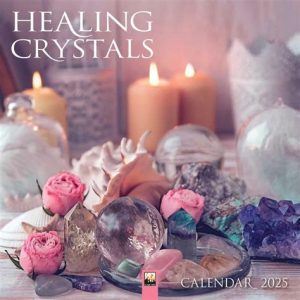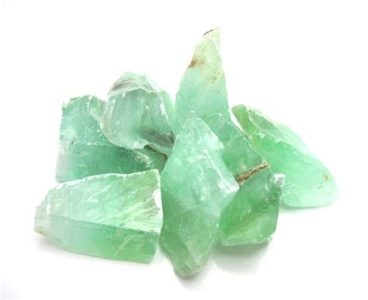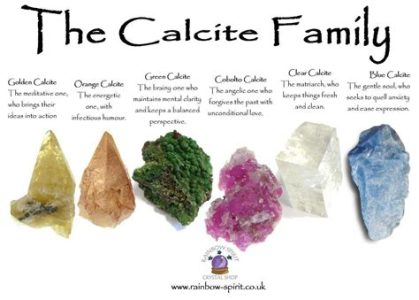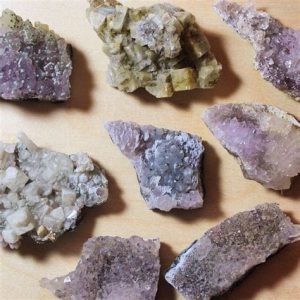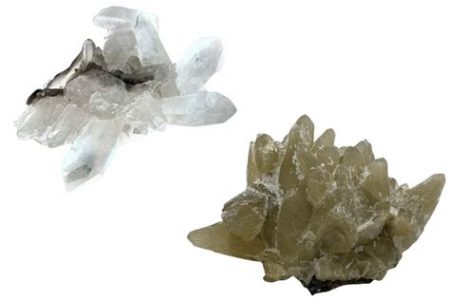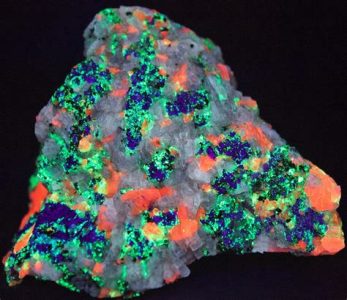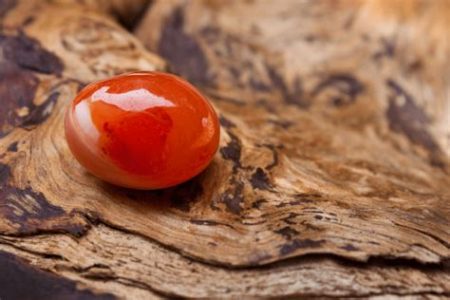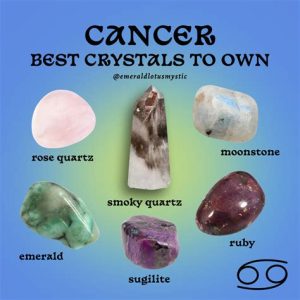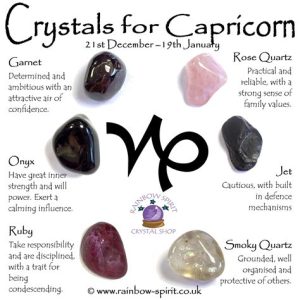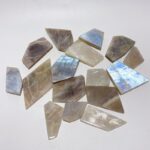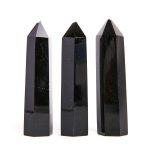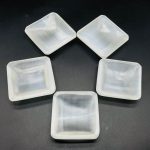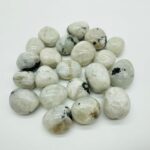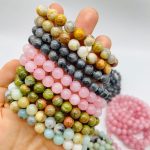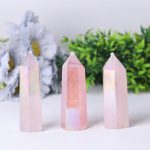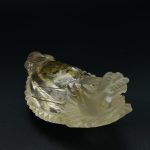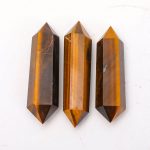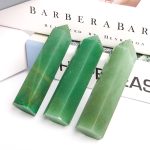When it comes to beautiful gemstones, opals and opalites often come to mind. While they share a similar appearance, these two stones have distinct differences that set them apart. Let’s delve into the captivating world of opals and opalites, exploring their unique characteristics and uncovering the fascinating contrasts that make them both enchanting and distinctive.
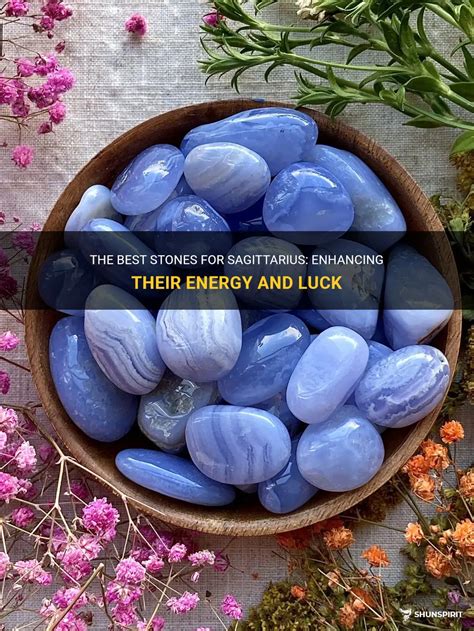
1. Composition and Formation
Opal
- Hydrated amorphous form of silica
- Formed from the weathering of volcanic rocks
- Contains water content of 6% to 10%
Opalite
- Man-made glass
- Created by mixing silica, alumina, and other elements
- Does not contain any water
2. Appearance and Color
**Opal **
- Known for its vibrant play-of-color
- Colors can range from deep blues and greens to fiery reds and oranges
- Can be transparent, translucent, or opaque
Opalite
- Typically has a milky white or iridescent appearance
- May exhibit a faint bluish or greenish hue
- Usually opaque
3. Value and Durability
**Opal **
- Natural opals are relatively rare and can be quite valuable
- Durability varies depending on the water content and hardness
- Can be scratched or damaged if not handled with care
Opalite
- Less valuable due to its man-made origin
- Highly durable and resistant to scratches and damage
Opalite
- Glass – 5.5 – 6.5
- Mohs: 5.5 – 6.5
4. Symbolism and Healing Properties
Both opals and opalites have been associated with various beliefs and healing properties throughout history.
Opal
- Said to bring good luck, hope, and creativity
- Believed to have healing properties for emotional and spiritual well-being
Opalite
- Attributed with promoting peace, harmony, and emotional healing
- Thought to enhance intuition and psychic abilities
Conclusion
Opal and opalite, while visually similar, are distinct gemstones with unique characteristics. Natural opals are highly valued for their beauty and rarity, while opalites offer an affordable alternative with similar aesthetics.
Ultimately, the choice between the two depends on personal preferences, intended use, and budget.

